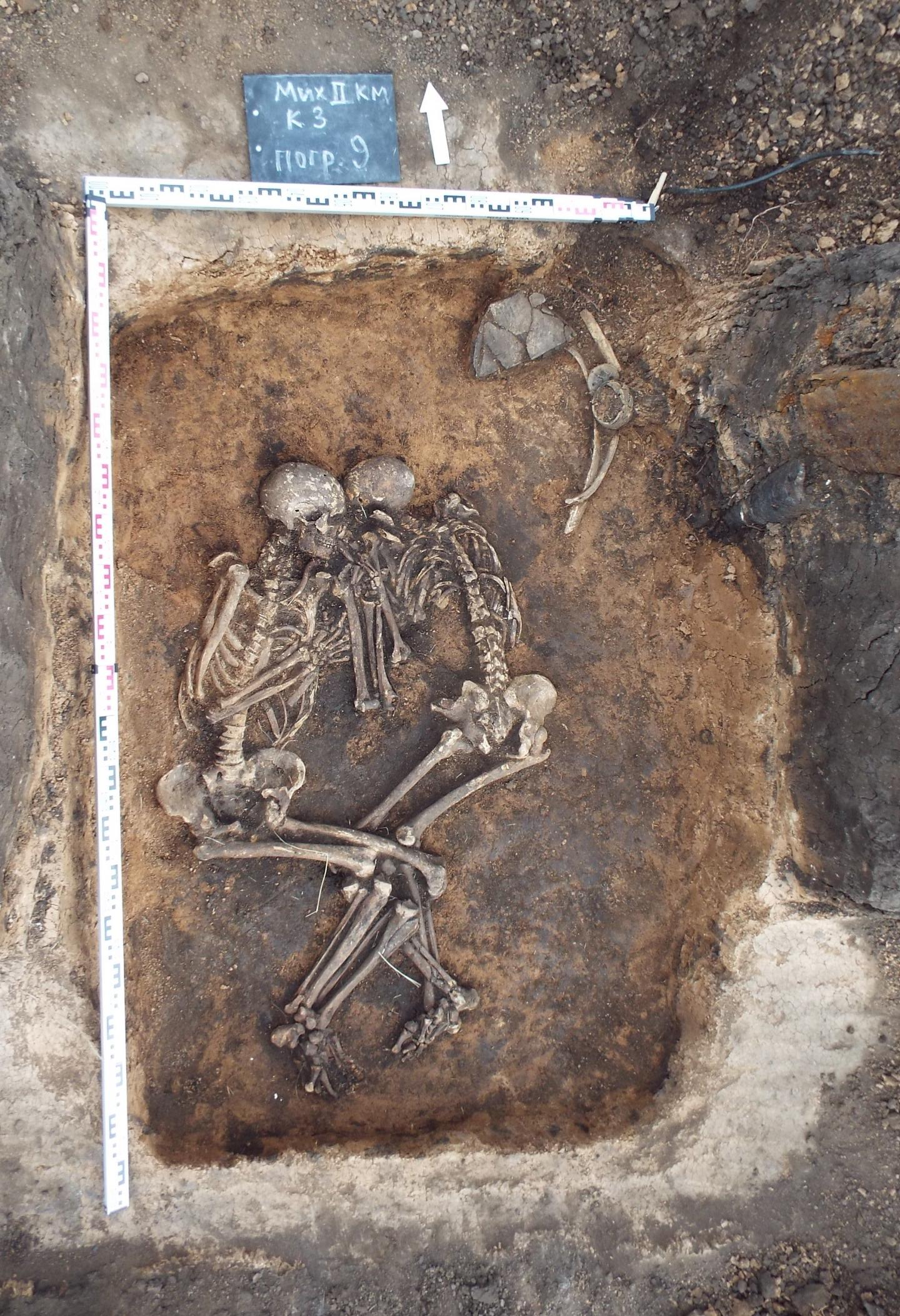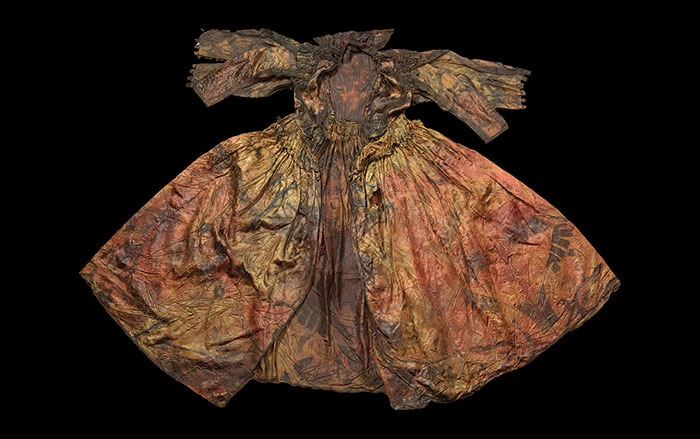
JENA, GERMANY—The Independent reports that Yersinia pestis, the bacteria that causes bubonic plague, has been detected in 3,800-year-old skeletons in southwestern Russia, pushing back the origins of the disease by at least 1,000 years. Maria Spyrou of the Max Planck Institute for the Science of Human History said other samples of the bacteria dating to the Bronze Age have been found, but they did not have the genetic components necessary to transmit the bubonic form of the disease, which is thought to have been spread by fleas, rats, humans, and other mammals. This form of the disease probably spread easily along emerging trade networks, leading to the plague outbreak in A.D. 541 that devastated Europe and the Eastern Roman Empire. For more, go to “A Parisian Plague.”










